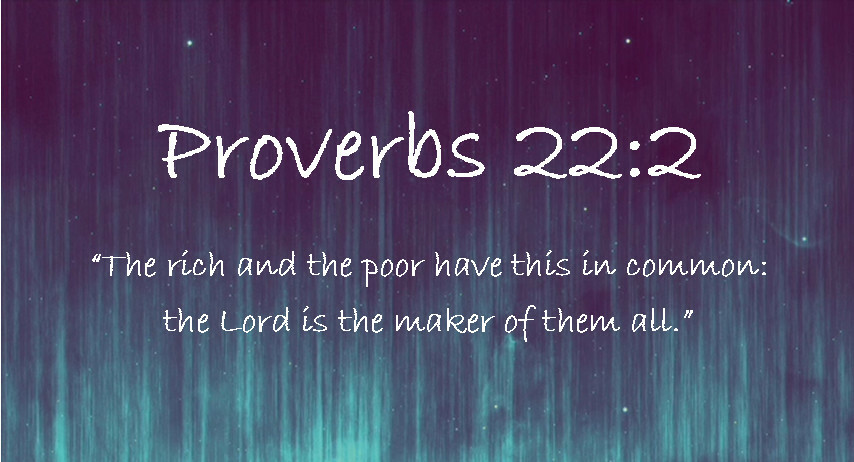Silent Pledges

“The rich and the poor have this in common: the Lord is the maker of them all.” Proverbs 22:2
Many years ago, I was a member of Castro Valley United Methodist Church in California. I came to know many people, including the pastor, through the choir. One night at the end of rehearsals, Pastor Chuck had purposely positioned himself between me and the only door to the choir room. “I have a request, really a favor, I need to ask of you.” Curious, but with some hesitation, I asked, “What do you need?” “I really need you to take over as chairman of the Stewardship Committee,” he said. Of all the committees in the church, that would be the last one I’d choose to chair.
“Stewardship committees only spend a month each year telling people why they must give to the church through the annual pledge campaign,” I answered. “That’s exactly why I want you to chair the Committee and lead the campaign this year. I think we need a fresh approach to stewardship, and I think you’re just the guy to do it,” he said.
“I think we need to spend more time talking about the meaning of stewardship. It’s a lifelong commitment to live up to the covenant of membership, when we pledge to support the church with our prayers, presence, gifts, service and witness. Our gifts should include our time and talents as well as our money,” I replied.
“Well, it seems you’ve already got the first Stewardship Moment written for our upcoming campaign,” Pastor Chuck replied with a smile. Once again, I had let my big mouth talk me into trouble. How could I say no when he told me there was no one else he wanted to do the job?
One of the first things I proposed was very controversial. Part of me believed this idea would be a big step toward changing the way we approach Stewardship. I must confess, I almost hoped it would get me removed before I even started working. “Let’s try something new and outrageous this year,” I said. “Let’s ask for silent pledges. No special cards to fill out and turn over to the Finance Committee, nothing but a commitment between us and God for the year’s giving.” “That will send the Finance Committee into apoplexy,” Chuck said. “How will they plan a budget?” “Let’s have a total revolution. Let the Finance Committee develop a budget based on the needs submitted from all the Committees and the Church Council and pray that God will provide.” “If we do this,” my now somewhat reluctant pastor said, “we will be praised or stoned by this time next year.”
We prayed and sprang the surprise to the congregation the following Sunday. When the year was over, God provided gifts 17% over projected needs.